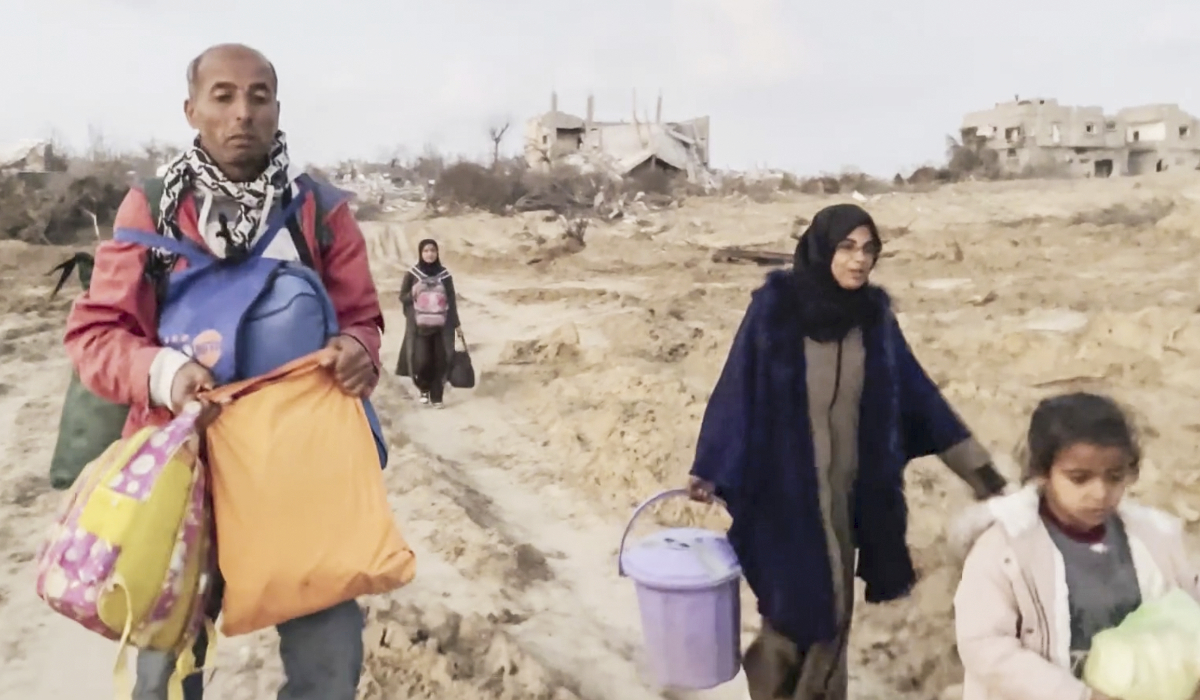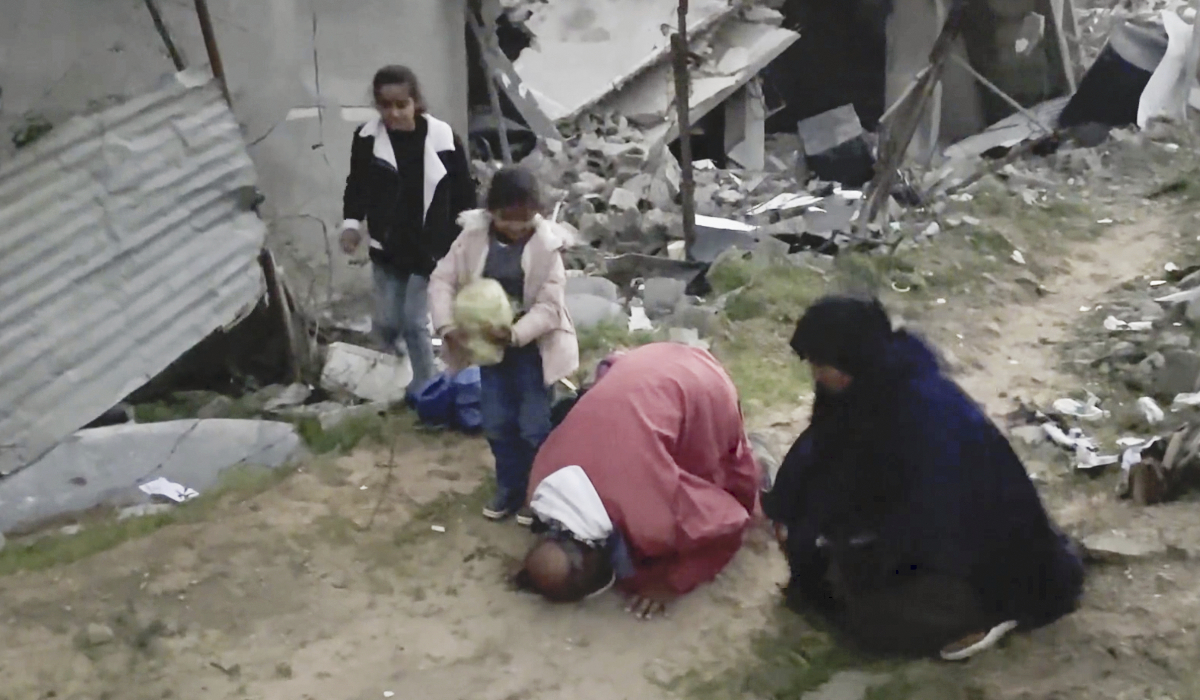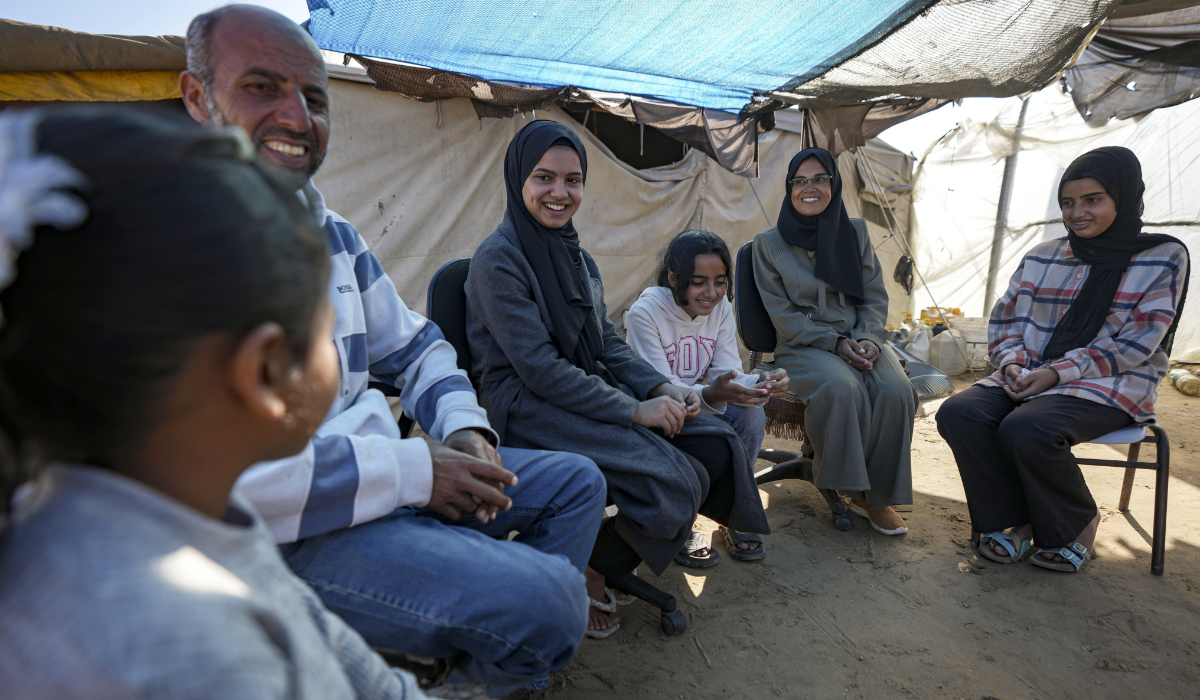BAGHDAD: An agreement between Iraq’s kingmaker cleric Muqtada Al-Sadr and the outgoing Prime Minister Haider Abadi takes the parties a step closer to forming the biggest parliamentary ruling bloc.
But Al-Sadr’s political alliances are unstable and still based on general principles, which may collapse at any minute and halt his attempts to build a coalition, negotiators told Arab News on Sunday.
Sadr’s Sairoon electoral list emerged as the biggest winner in the May parliamentary elections with 54 seats. Since preliminary results were announced, Al-Sadr has lead talks with the key winners to form the largest bloc in Parliament, which can then form a government.
On Saturday, Al-Sadr and Abadi, whose Al-Nassir list came third in the election with 44 seats, announced their alliance to “accelerate the formation of the upcoming government.”
Two weeks earlier, Al-Sadr also joined forces with one of his arch rivals, the pro-Iranian Al-Fattah list, which came second in the elections with 47 seats.
He has also announced coalition agreements with Al-Hikma list and Al-Wattiniya list of Sunni-backed Vice President Ayad Allawi.
All the deals are aimed at forming a ruling bloc of at least 200 seats in Parliament, 34 more than the required number for Sadr to block his rivals from forming a similar coalition.
Shiekh Sabah Al-Saaidi, a senior member of Sairoon, told Arab News that the agreement with Al-Nassir does not conflict with the agreements made with other electoral lists.
“We believe that this alliance (the ruling one) will include more than two-thirds of the Parliament members (218 member) and the remaining third will be in the opposition.”
Al-Sadr and Abadi had agreed on eight “joint principles” to form a cross-sectarian bloc.
These included countering corruption, forming an administration of technocrats, and strengthening the security forces.
They also said they would reform the judiciary, maintain the unity of Iraq and keep balanced regional and international relationships.
“This alliance is complementary to Sadr’s alliances with the rest of the forces and we will build on it to continue negotiations to form a government,” one of the senior negotiators for Abadi’s coalition told Arab News.
“What we agreed upon is a governmental program. Sadr has been focusing on this direction and this is in line with our orientations.”
The results of the election have still not been ratified by the federal court, held up by the many complaints and accusations of electoral fraud that have been raised since the preliminary results were announced.
The Iraqi Parliament has approved a modification in the election law to allow the “full” manual recount of the ballots, but the federal court last week ruled for a partial recount, which exclusively includes the contested votes.
The initial election results are not expected to change that much in terms of the key winners, negotiators and analysts said.
Iraq is a battleground for international and regional powers, especially Iran and the US since the 2003 downfall of Saddam Hussein. No stable government will be approved without the agreement of the two nations.
Abadi, who enjoys US support, wants the post of prime minister for a second term.
His chances have improved as any rival candidate-presented by Sairoon or Al-Fattah, would be rejected by the US and its international and regional allies, because both lists include representatives of paramilitary groups that adopt hostile positions to America and its allies in the region.
Al-Abadi’s rivals will also battle to get the prime minister post, “unless they ensure the protection of their interests,” negotiators said.
No details related to ministerial positions and how they would be divided among the coalition partners have been discussed.
“The devil hides in the details,” a senior negotiator of Al-Fattah told Arab News. “Sadr has not talked in detail with any of his allies and this is a time bomb which could explode in any minute.
“All of them (the heads of the lists) have repeated that they have no problem with the principles, but the reality is different.
“When it comes to talk about how, when, where, who, how many, the problems will come out and each one of these questions would abort any of these alliances.”



























